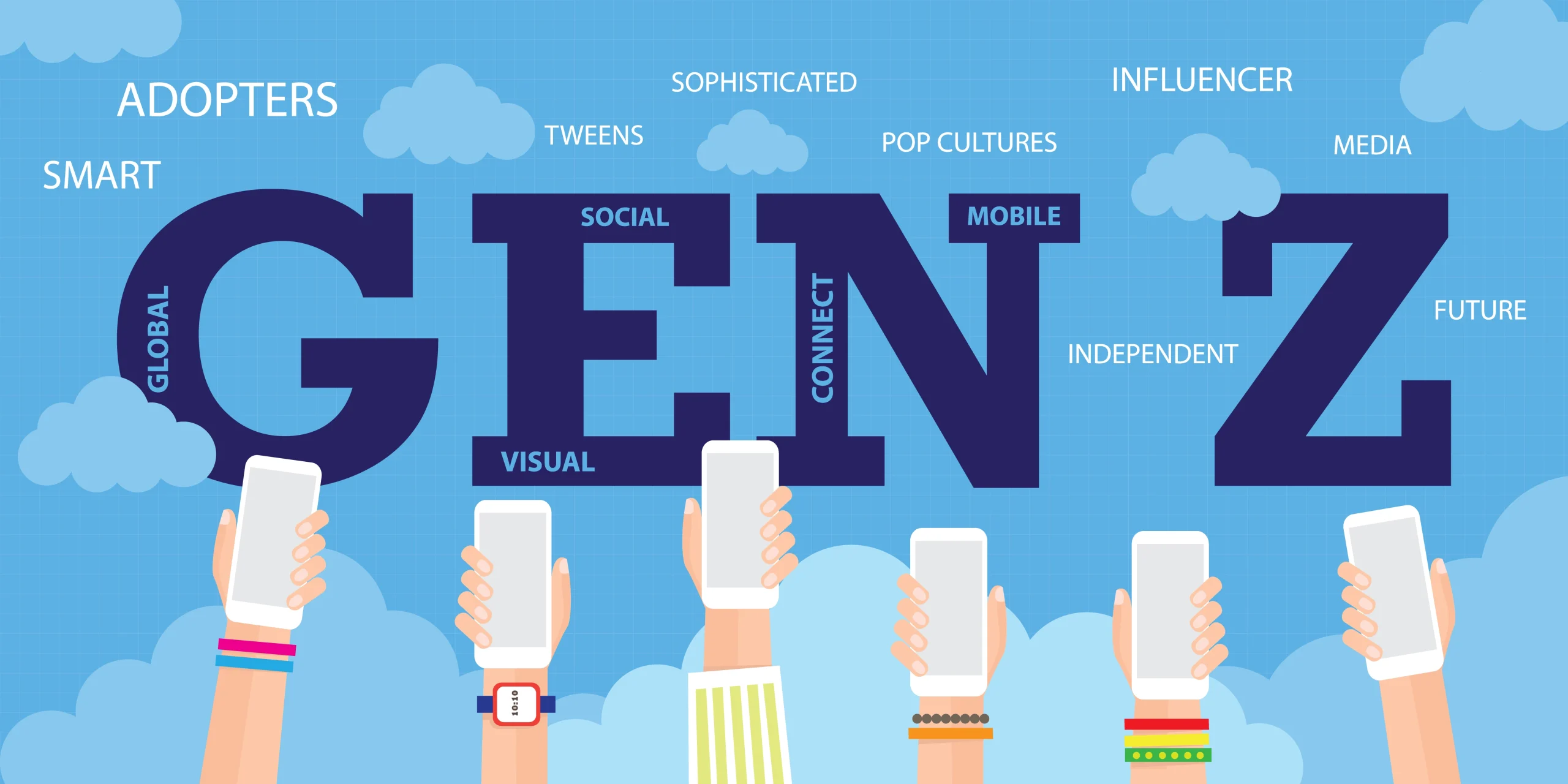Spain’s ascension as a leading economic force in the world is underscored by the stupendous success of its multinational corporations, whose strategic advantage and extremely adaptive business models have secured a strong international presence of Spanish companies across diverse industries. For leaners at a top business school in Europe, the trajectories of these enterprises proffer engrossing case studies and real life projects. Top business school in Europe such as C3S Business School and a few others are uniquely positioned to meet the gold standard criteria, providing future business leaders with a deep knowledge of the strategies that enable Spanish brands in global markets to thrive. The partnership between business schools and industry make the students more job-ready as they learn real-time. Let us proceed to reflect upon five such companies—Santander, Zara, Mango, Telefónica, and Repsol— in order to identify the core drivers of their global success and the way these organizations can prove to be exemplar case studies for business schools.
Santander Bank: A Financial Juggernaut
Santander Bank epitomizes a strategic approach to world-wide expansion through M&A (Mergers and Acquisitions)-driven growth. Founded in 1857 as a provincial Spanish bank, its transformation into one of the world’s big-ticket financial institutions was possible by a well-thought-out and bullish series of acquisitions, particularly in key regions such as Brazil, Mexico, and the United Kingdom. This strategy of getting it’s mitts on the well-established local banks, rather than de novo, allowed Santander to quickly integrate and leverage existing market share and customer bases. The Santander Bank’s success to keep a diversified geographical portfolio has secured it significant operational resilience, enabling it to mitigate regional economic downturns by balancing performance across geographies.
‘’This model of multinational banking is a foundational topic for any serious Business School in Spain, such as us, the C3S Business School, demonstrating how a successful Spanish brand overseas can achieve scale and stability through strategic inorganic growth,’’ says Hiren Raval, chief executive officer, C3S Business School based in Barcelona, Spain. ‘’We hope our students are initiated on a continuous engagement with the company to analyze how Santander’s integrated service model improved loyalty and cross-selling opportunities or topics such as how Santander’s robust digital platforms (e.g., Openbank, PagoFX, OnePay) enhanced customer experience and global competitiveness, or the case studies on how Santander’s diversified geographical portfolio allowed it to withstand financial crises and economic downturns.’’
‘’We have certainly made it a point to discuss Santander Bank’s best practices in C3S Business School’s case studies, classroom handouts and even contemplating the idea to put the students in live project, should that arrangement with Santander Bank comes through,’’ says Dr Aida Mehrad, head of academics at C3S Business School in Barcelona, Spain, ‘’ Maybe a series of case studies on how strategic acquisitions in the UK, Brazil, and Mexico fueled Santander’s international growth or Santander’s strategies for empowering small and medium enterprises through financing and advisory support, or on how Santander’s startup accelerator and collaborations with FinTechs boosted its competitive edge’’
Professor Esther Comin of C3S Business School, says, ‘’Assessing how Santander’s strong branding and sponsorships (e.g., Formula 1, La Liga, Champions League) contributed to global growth or a live project analyzing how Santander expands financial inclusion in emerging economies through microfinance and digital access can be a worthwhile engagement for C3S Business School’s students.’’
Zara (Inditex Group): The Fast-Fashion Revolution
Zara, the fulcrum of the Inditex Group, is an extraordinary example of how unique process and metamorphic innovation can disrupt an entire global industry. Its “fast-fashion” model essentially re-engineered the retail supply chain by paring down the design-to-store cycle from several months to just a few days. This agility allows Zara to respond to new fashion trends with unmatched speed, minimizing inventory risk and keeping its product portfolio spit-new and highly sought after. Zara‘s vertically integrated supply chain, which controls and commands design, manufacturing, and distribution, is a key element of its competitive advantage. This agile organizational structure is a primary impetus why Zara’s international presence of Spanish companies is so omnipresent, with a score of brick and mortar outlets and e-commerce verticals in over 90 countries. ‘’As a rousingly successful Spanish brand overseas, Zara’s unique case is studied extensively by business graduates such as C3S Business School for its masterful execution of a logistics-driven, consumer-responsive strategy,’’ says Dr. Maria Fernanda Dugarte, dean and director of Institutional Affairs at C3S Business School in Barcelona, Spain. ‘’We are certainly seeking more continuous engagement with Zara as more and more C3S Business School’s students, both at graduate and post-graduate levels showing interest in garment and fashion industry,’’ adds Dr Dugarte.
Professor Jordi Villanova of C3S Business School affirms: ‘’I certainly conceive a series of case studies and live projects based on Zara for our students such as ‘stitching the World Together: Zara’s International Expansion Strategy in Fast Fashion’ or ‘From La Coruña to the World: How Zara Became the Face of Global Fast Fashion’, or ‘Sustainable Expansion? Zara’s Green Commitments in a Fast Fashion World.’
Dr. Francisco Rosique Gill, a senior visiting faculty at C3S Business School, Barcelona, says, ‘Zara provides a huge knowledge reservoir for the students, hence, a source for many case studies for C3S Business School students, such as ‘Digital Retail Frontiers: Zara’s E-commerce and Omni-channel Strategy Worldwide,’ or ‘Zara’s Store Expansion Model: A Case of Strategic Flagship Locations’, or ‘Fast Fashion Diplomacy: Cultural Adaptation in Zara’s Global Retail Strategy.’
Mango: A Digital-First Fashion Icon
While existing in the same fast-fashion social space, Mango has differentiated itself through an emphasis on digital transformation and e-commerce. Mango’s strategic decision to invest heavily in a strong online platform has enabled it to scale its global footprint transgressing its formidable physical retail network. This digital-first approach is a contemporary blueprint for how Spanish brands in global markets can achieve stupendous global outreach. By leveraging on a seamless and engaging online customer experience, Mango has aptly addressed the demands of the modern consumer, who expects accessibility and convenience. This is the kind of agile, digital-centric thinking that a business school in Spain must imbibe in its graduates. ‘’We can claim to have done so in our curriculum and in the process of incorporating more such Mango success stories in our case studies,’’ reveals Dr. Fernando Velasquez Villalba, a senior faculty at C3 Business School, Spain.
The exemplary growth of Mango as a global brand highlights that a successful Spanish brand overseas must be proficient in both physical and digital channels to maintain a sustained competitive advantage.
Telefónica: Connecting Continents
Telefónica is counted to be streets ahead as a robust example of an international presence of Spanish companies in the space of telecommunications sector. Its world-wide expansion strategy has been essentially focused on Europe and Latin America, where it has founded itself as a market leader through targeted acquisitions and massive investment in building its infrastructure. Telefónica’s uniqueness to navigate the convoluted regulatory landscapes and varied consumer behaviors of diverse geographies is a testament to its operational expertise and cultural adaptability. Telefónica’s staunch and steadfast commitment to innovation—from developing avant garde mobile technologies to offering sophisticated cyber security and cloud services—positions the company as a forward-looking organization in a rapidly evolving business. ‘’This case provides rich material for institutions like C3S Business School, illustrating how a successful Spanish brand overseas can build a durable, cross-continental network by leveraging technological leadership and strategic regional focus,’’ affirms Professor (Dr) Sarat C Das, Director (Research) and Head of Industry Partnership at C3S Business School.
Further Professor Das reveals: ‘’I am aware that our academic team is currently deliberating on a series of topics on Telefónica that can be adopted into our case studies such as ’Customer-Centric Innovation: How Telefónica Reinvented Telecom Services Through O2 and Movistar Brands’, ‘Sustainability in Telecom: Telefónica’s Green Initiatives and Carbon Neutrality Goals’, ‘Telefónica as a Tech Ecosystem: Beyond Telecom into Cyber security, Cloud, and Digital Platforms’, ‘M&A-Driven Growth: Lessons from Telefónica’s Strategic Acquisitions and Divestments’, ‘Telefónica’s Journey to 5G Leadership: Infrastructure, Investment, and Partnerships’, ‘Sustainability in Telecom: Telefónica’s Green Initiatives and Carbon Neutrality Goals’ and many such exceptional case studies.’’

Repsol: An Energy Giant with Global Reach
Repsol offers a conspicuous demonstration of the flexibility and ambition of Spanish brands in global markets. As an integrated global energy organization, Repsol’s operations have made headway into more than 30 countries and span the entire spectrum of value chain, from upstream exploration to downstream refining and marketing vertical. Repsol’s rip-roaring success is based on a bedrock of technical excellence and a nuanced understanding of geopolitical and economic dynamics. Repsol’s strategic partnerships and joint ventures in geographies such as North America, Africa, and Asia have been key in securing its international expansion of Spanish companies. The company’s long-term commitment to sustainability and ethical governance practices is key to its global business model, indeed, a subject of growing significance in a top business school in Europe, such as C3S Business School in Barcelona. Repsol’s journey underscores that an acclaimed Spanish brand overseas can top the chart of global prominence by standing out in highly complex and capital-intensive industries and beating the hollow of its competitors. ‘’Repsol is certainly worthy candidate to be borrowed into our graduate school curriculum,’’ avers Professor Eduardo Ortiz, C3S Business School, Barcelona, Spain, adding, ”I reckon our students will be really keen on a live project assessing Repsol’s investments in advanced biofuels and their role in decarbonizing transport in Spain and Europe.’’ He further mentions, ‘’ Repsol’s extraordinary initiatives in recycling plastics, chemical innovation, and circular petrochemical production certainly can encourage our students to take this up as dissertation or project thesis.’’
Professor Xavier Puertas at C3S Business School, says: ‘’Among the recent case studies, we are attempting to highlight Repsol’s sincere strategy to shift from oil and gas to renewables and its roadmap to achieve net-zero emissions, or evaluating Repsol’s CCS projects as a case study in reducing industrial carbon footprints.’’ He further adds, ‘’ Our students will certainly be keen to be a part of live project exploring how Repsol’s hydrogen projects can reshape Spain’s energy landscape and Europe’s green economy goals.’’
Professor Mani Tahriri at IT faculty of C3S Business School, says ”We are focusing on how Repsol leverages AI, IoT, and data analytics to optimize refinery operations and supply chains.’’
Factors Behind Their Success
The triumphs of these organizations are not coincidental but are the result of several interdependent factors that define a strategic approach to globalization.
- Innovation and Adaptability: All five companies have consistently proved to be an exponential path of growth and innovation. Zara’s fast-fashion model, Telefónica’s digital service development, and Repsol’s technical advancements all highlight a commitment to staying abreast of industry trends. This ability to innovate is an essential for a successful Spanish brand overseas.
- Strategic Global Expansion: Their massive international expansion has been methodical and laser-focused. Santander’s acquisition-led strategy, Telefónica’s focus on Latin America, and Repsol’s targeted ventures highlight a circumspective balance of risk and opportunity. This strategic marquee discipline is a feature of the curriculum at any top business school in Spain such as C3S Business School.
- Brand Reputation and Trust: A robust and consistent brand reputation is a critical asset. These organizations have created a legacy of trust and reliability that goes beyond national boundaries, offering them with a massive competitive advantage.
- Operational Excellence: The rip-roaring success of these Spanish brands in global markets is supplanted by extraordinary operational efficiency, whether it is Zara’s supply chain or Santander’s ability to integrate diverse financial systems. This laser-focus on excellence is what transforms strategic vision into tangible gains.
Impact on Spain’s Economy
The success of these organizations have had a far-reaching and multifaceted impact on Spain’s business and economic landscape. Their massive international presence of Spanish companies has exponentially increased export gains, fueling economic growth and improving the country’s trade balance. Furthermore, these organizations serve as major employers, creating thousands of jobs both domestically and world-wide.
Their massive success also exalts Spain’s international standing, positioning it as a major source of innovative and growth-oriented business models in line with sustainability and strategic leadership. This exalted and formidable reputation, in turn, attracts foreign investment and top global talent, solidifying Spain’s position within the global economy. For aspiring students who aim to be successful industry leaders must consider to join a top business school in Europe, such as C3S Business School in Barcelona, as the school has encapsulated these success stories in its curriculum to serve as a powerful testament to the opportunities available.





